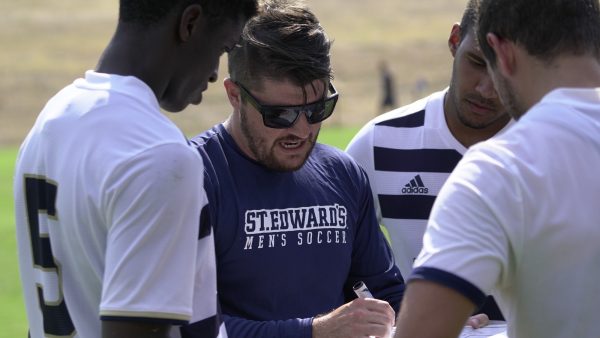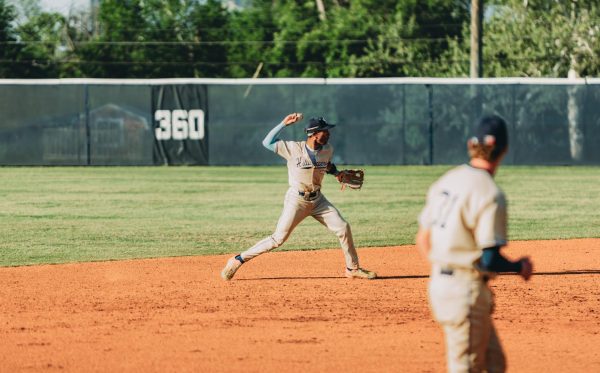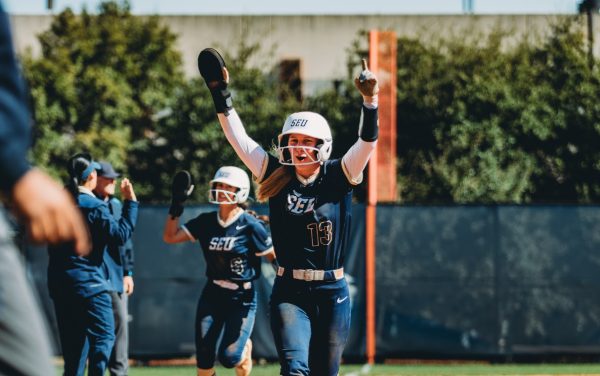Flag should be thrown on athletes targeting referees, causing injuries
Texas is known for its religion of football. If you grew up in Texas, chances are you’ve either played in a high school football game or grew up attending them. Chances are you’ve disagreed with a referee’s call on a play or two.
But as much as you might not like a ref’s call, making physical contact with the ref is not going to make the situation better.
Sadly, there have been several incidents that are giving high school football a bad name.
The commotion regarding referee injuries began on Sept. 4 when two football players from John Jay High School in Marble Falls, Texas were instructed by their assistant coach to hit an on-field referee after he allegedly made racial comments.
The referee ended up with a concussion, the coach was placed on administrative leave and has since resigned. The two boys were kicked off the team and suspended from school.
The University Interscholastic League (UIL) oversees all competitive high school sports for the state of Texas.
After the incident, the UIL released this statement, “Interactions between coaches, students and officials should always be respectful and an official’s safety should never be compromised during a competition.”
Just over a week later, Texas high school football was under review once again after a football player from St. Anthony Catholic High School shoved a referee who was throwing a flag on his team after a fight between the opposing teams. This heat of the moment action on Sept. 12 landed the football player an immediate ejection.
Athletes looking for revenge on referees is not limited to high school or football, and seems to be a growing problem across professional sports, as well.
In general, athletes seem to be more aggressive and inappropriately vocal.
“In the world of sports reign some of the most talented, criticized, misunderstood, intelligent and most trusted people, the Referees,” Georges-Frantz Louis of the National Intercollegiate Soccer Officials Association said.
“That’s one of the reasons why I recommend that coaches, administrators [and] Sports Analysts should attend a referee clinic. The latter will enable them to understand the letter and spirit of the rules, and just as importantly the psychology of the game.”
So, is the problem a new generation of athletes and coaches? Have referees become more card-happy? In an era where almost everything can be monitored and double-checked with televisions, will referees even be necessary in the near future?
For now, referees are still here, and they deserve more respect than recent actions have shown towards them.






